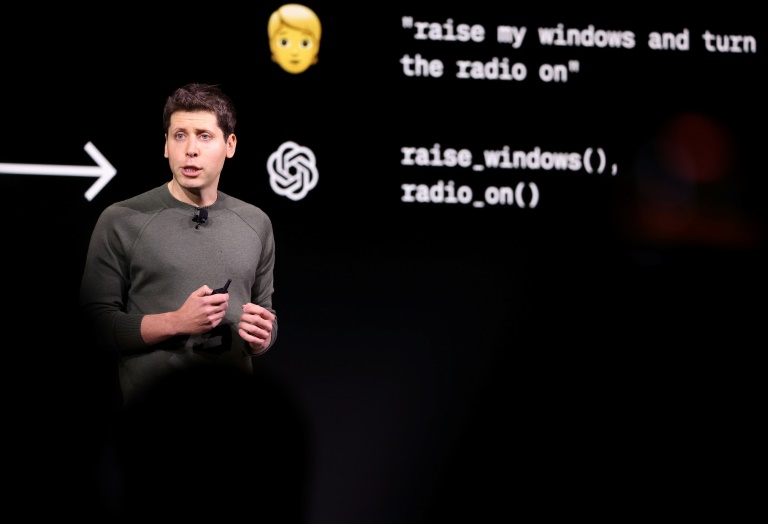A new brain-monitoring device aims to be the Goldilocks of anesthesia delivery, dispensing drugs in just the right dose.
But anesthetics can sometimes be harmful when given in excess, says David Mintz, an anesthesiologist at Johns Hopkins University. For instance, elderly people with cognitive conditions like dementia or age-related cognitive decline may be at higher risk of post-surgical confusion. Studies also hint that long periods of use in young children might cause behavioral problems. “The less we give of them, the better,” Mintz says.
An automated anesthesia delivery system could help doctors find the right drug dose. The new device monitored rhesus macaques’ brain activity and supplied a common anesthetic called propofol in doses that were automatically adjusted every 20 seconds. Fluctuating doses ensured the animals received just enough drug — not too much or too little — to stay sedated for 125 minutes, researchers reported October 31 in PNAS Nexus. The study is a step toward devising and testing a system that would work for people.
Normally, an anesthetic dose is based on body measurements like weight and age. But that calculation is not a perfect science. There is no clear relationship between dose and likelihood that patients will be fully anesthetized with propofol and similar drugs, says Mintz, who was not involved with the new study. So anesthesiologists give amounts on the higher end of the spectrum to ensure their patients remain unconscious.
2023-11-22 07:00:00
Original from www.sciencenews.org





















